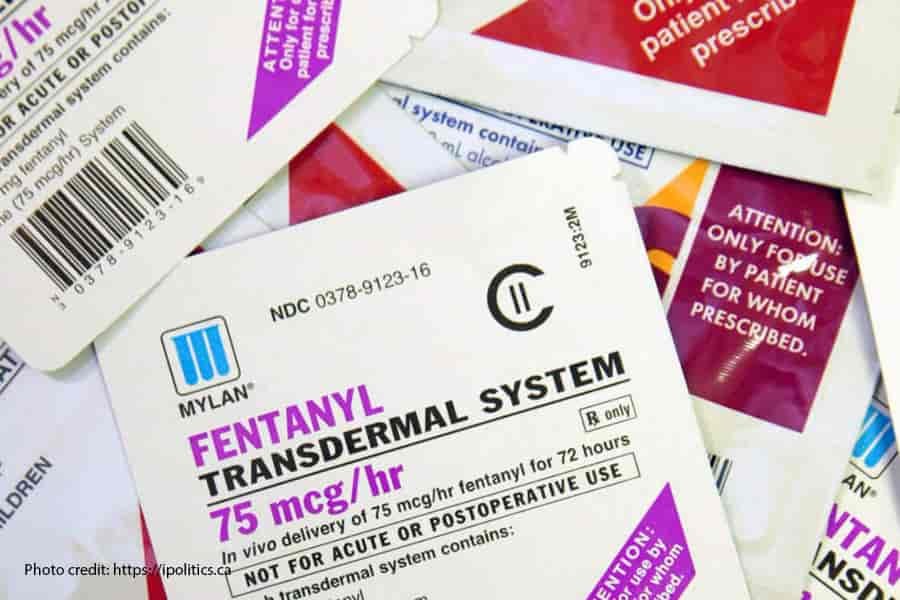New Street Drug W-18 Is Probably Not An Opioid
Although many have been describing the new street drug W-18 as an opioid, and although illegal drug manufacturers have been using it as a fentanyl substitute, recent news suggests that it is most likely not an opioid. What Is W-18? W-18 was originally found in drug products in Sweden in 2014 and later in Canada in 2015. Fake OxyContin pills are usually laced with the opioid fentanyl, but in a recent drug bust in Calgary they were instead laced with W-18, an analgesic. These pills are sometimes referred to as “beans” and/or “shady 80s.” It is presumed that, since there …









